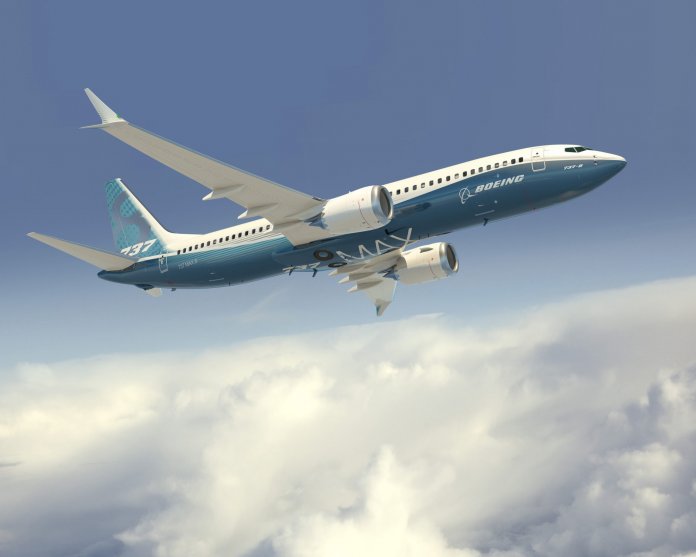Many people, including myself, unthinkingly fly. The airport stresses me out far more than the flight itself. This unreflective flying is a testament to decades of built-up public trust in physics, engineering, pilots, and airline logistics. When we fly, we’re hurdling toward our destination based on abstract math, suspended tens of thousands of feet in the air, and flying nearly at the speed of sound.
So, when an accident inevitably occurs, it creates a wave of unsettling concern. In January, the door plug blew off minutes into flight 1242. The closest passenger, if not for his seatbelt, probably would have been sucked out. He claims he lost his shoes and socks to the force of the pressure. Thankfully, no one was seriously injured, but it was a close call.
The plane was a Boeing 737 MAX. If that sounds familiar, it’s because Boeing comes up in the news almost weekly now for safety violations and intense public scrutiny–specifically for that model.
How did we get here? And what can Boeing’s leadership teach us about church culture?
More than any other company, Boeing reinforced the pervasive, foundational public trust in aviation travel from the 60s to the 90s with its pioneering 737. It was a pride of American industry, leading the way in spacecraft, military, and commercial aviation. Aviation industry workers once commonly quipped, “If it’s not Boeing, I’m not going.”
An article from The Cut recently flipped that slogan, “If It’s Boeing, I’m Not Going.” Kayak, a popular site for booking flights, saw a spike in the use of filters that exclude plane models–specifically, Boeing’s 737 Max. Why is all this attention paid to Boeing’s 737 Max?
Boeing’s 737 Max
In 2019, Ethiopian Airlines Flight 302 and Lion Air Flight 610, both 737 Maxes, crashed and killed everyone on board months from one another–an unheard-of event in modern aviation.
It is a long story, fraught with coverups and shoddy design, but the short of it is that Boeing installed a safety feature called the MCAS without pilots’ knowledge and without their receiving additional training on the mechanism. In a particularly flawed design choice, it was connected to one sensor, which, if it malfunctioned, could cause a catastrophic failure. And it did–to deadly effect.
Congress conducted a thorough investigation of the FAA (the US regulator of aviation) and Boeing. One document revealed that they both knew the aircraft was likely to crash 15 times over its life–an average of two per year. By the time of that report, they were working on a software fix but hoping nothing would happen until they rolled it out. In the course of that time, Ethiopian Airlines Flight 302 crashed.
So, how did Boeing go from being the business leader and pride of the American industry to sinking so low?
Boeing’s changing company culture
The 2022 Netflix documentary Downfall: The Case Against Boeing outlines Boeing’s fall from glory to public scorn. Many commentators point to a 1997 merger with McDonnell Douglas as the point at which Boeing’s commitment to safety decreased in quality. Before, Boeing was “engineer-led.” Many older employees remember those days fondly. After the merger, stock prices, efficiency, and cutting corners became the norm, creating a “culture of concealment.”
With Boeing’s main competitor, Airbus, passing them by in the early 2000s, Boeing scrambled to create a fuel-efficient airplane to compete with Airbus. Instead of designing a new model, they made the 737 Max, adding new engines to essentially the same plane to skip the need for costly pilot training. It worked–they sold incredibly well and surged Boeing’s stock prices.
Unfortunately, the cost-cutting ended with somewhat predictable tragedies in 2019. The repercussions of this culture carry on to 2024. Whistleblowers continue alleging that Boeing ignores safety problems or discourages production slow-downs due to quality issues.
The BBC reported on Friday: “Santiago Paredes, who worked for Spirit AeroSystems in Kansas, told the BBC he often found up to 200 defects on parts being readied for shipping to Boeing.” The FAA is in the process of investigating Boeing once again.
What lesson can Christians learn from the downfall of an organization’s culture?
Read it all at the Denison Forum



